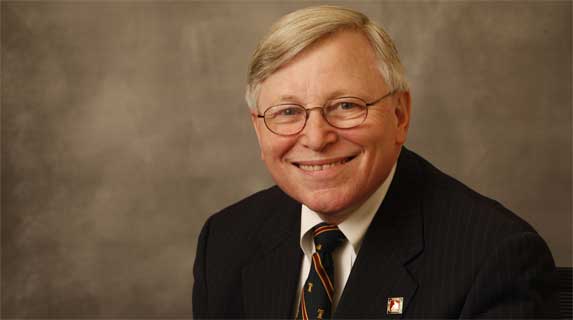Heller was a federal case, having arisen in the District of Columbia. After Heller, the issue became whether the limitation on Government, as found by the Court in Heller, was also a limitation on state and local governments. The day after the Supreme Court filed its opinion in Heller, the NRA filed suit in Chicago, challenging Chicago’s ordinance that banned handguns. In June 2010, in McDonald v. City of Chicago, the Supreme Court answered the question left open in Heller. In a 5-to-4 decision, the Court, in McDonald, held that its holding in Heller did apply against states and location governments through the Due Process Clause. That holding means that the limitation on the federal government, that it may not create a total ban of handguns, as explained in Heller, is also a limitation on every state and every local government, as “incorporated” through the Due Process Clause of the Fourteenth Amendment.
When the first ten amendments to the United States Constitution – known as the Bill of Rights – were ratified in 1791, they were considered limitations on the federal government, but not considered limitations on state and local governments. It was not until the Warren Court that the Bill of Rights limitations on the federal government became limitations on state and local governments. From 1961 to 1970, all of the rights in the Bill of Rights were applied against states and local governments, except the right to be charged by grand jury indictment, the right not to have excessive bail, and the right to a jury trial in civil cases. The Supreme Court has not had occasion to address incorporation for 40 years. Consistent with the vast majority of the “incorporation” decisions of the Warren Court, the current Court, in McDonald, applied its holding in Heller to states and local governments.
The Supreme Court almost always decides a case on the narrowest grounds possible. Heller and McDonald addressed the limited issue of restrictions of guns in one’s home. It appears logical that the next wave of Second Amendment cases will be an attempt, by those who support broad gun ownership and lesser government intrusion, to have the Court rule that the Second Amendment is a much broader limitation on government’s power to control guns that Heller or McDonald had occasion to address. Such litigation will most likely occur in the area of self-defense.
In Maryland, it is against the law to wear, carry, or transport a handgun concealed or open. There is an exception for individuals in possession of a handgun permit. If it is a dangerous weapon — but not a handgun — it is permissible to carry the weapon as a reasonable precaution against apprehended danger. A person may not store or leave a loaded firearm where an unsupervised child can obtain access.
Only time will tell where the Second Amendment litigation goes or how it is resolved throughout the nation.

Comments on this entry are closed.